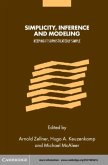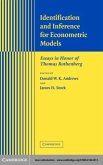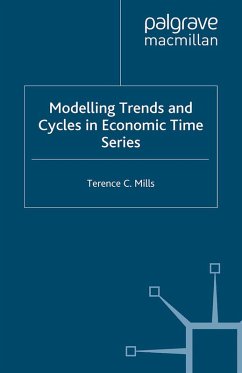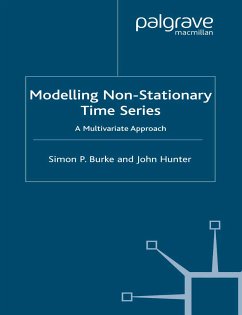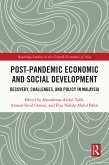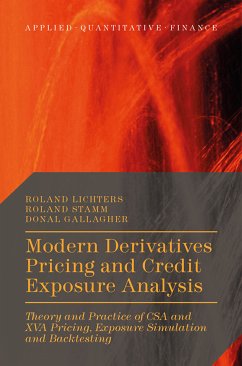Economic Modeling and Inference takes econometrics to a new level by demonstrating how to combine modern economic theory with the latest statistical inference methods to get the most out of economic data. This graduate-level textbook draws applications from both microeconomics and macroeconomics, paying special attention to financial and labor economics, with an emphasis throughout on what observations can tell us about stochastic dynamic models of rational optimizing behavior and equilibrium. Bent Jesper Christensen and Nicholas Kiefer show how parameters often thought estimable in applications are not identified even in simple dynamic programming models, and they investigate the roles of extensions, including measurement error, imperfect control, and random utility shocks for inference. When all implications of optimization and equilibrium are imposed in the empirical procedures, the resulting estimation problems are often nonstandard, with the estimators exhibiting nonregular asymptotic behavior such as short-ranked covariance, superconsistency, and non-Gaussianity. Christensen and Kiefer explore these properties in detail, covering areas including job search models of the labor market, asset pricing, option pricing, marketing, and retirement planning. Ideal for researchers and practitioners as well as students, Economic Modeling and Inference uses real-world data to illustrate how to derive the best results using a combination of theory and cutting-edge econometric techniques.
- Covers identification and estimation of dynamic programming models
- Treats sources of error--measurement error, random utility, and imperfect control
- Features financial applications including asset pricing, option pricing, and optimal hedging
- Describes labor applications including job search, equilibrium search, and retirement
- Illustrates the wide applicability of the approach using micro, macro, and marketing examples
Dieser Download kann aus rechtlichen Gründen nur mit Rechnungsadresse in A, D ausgeliefert werden.




